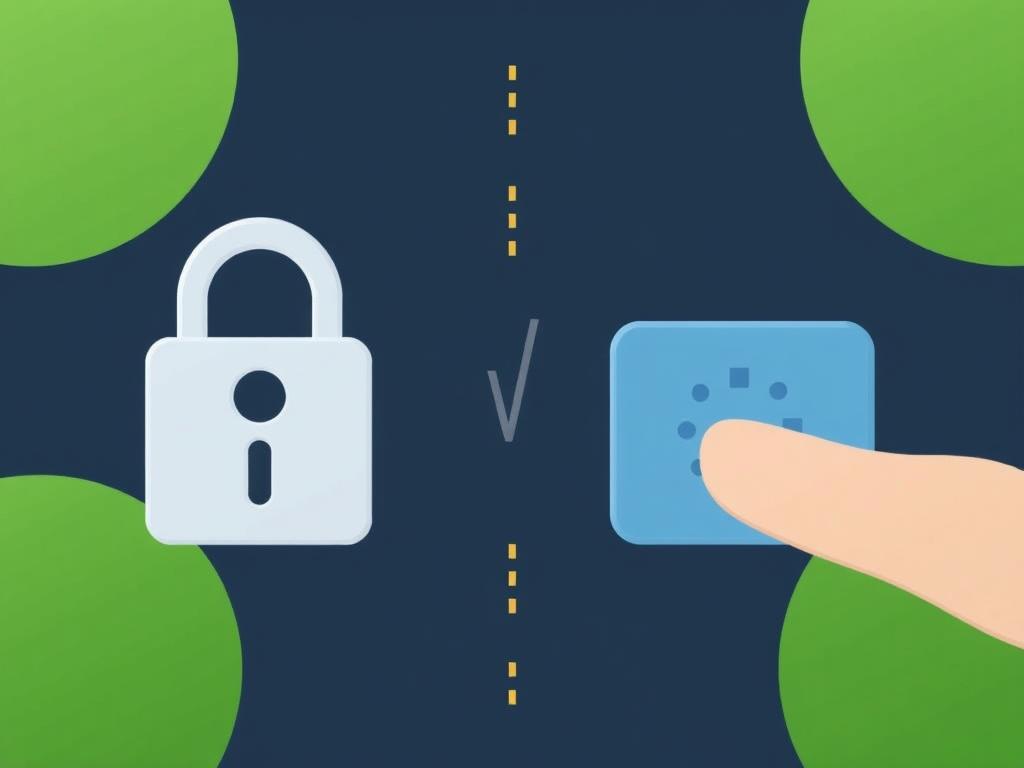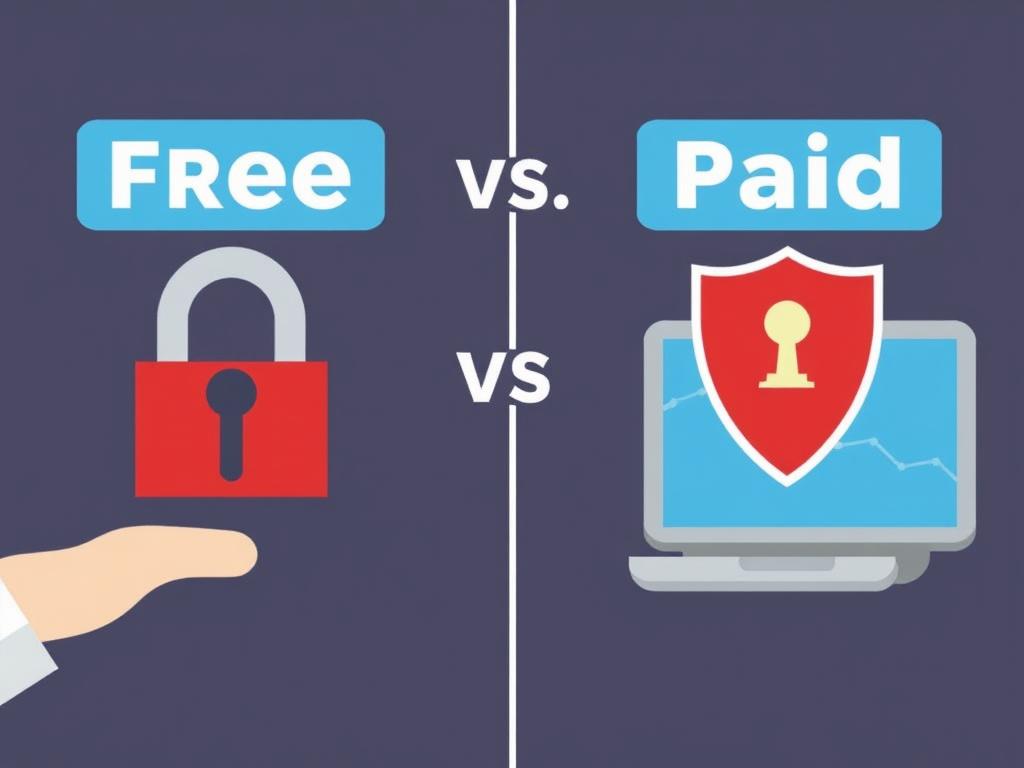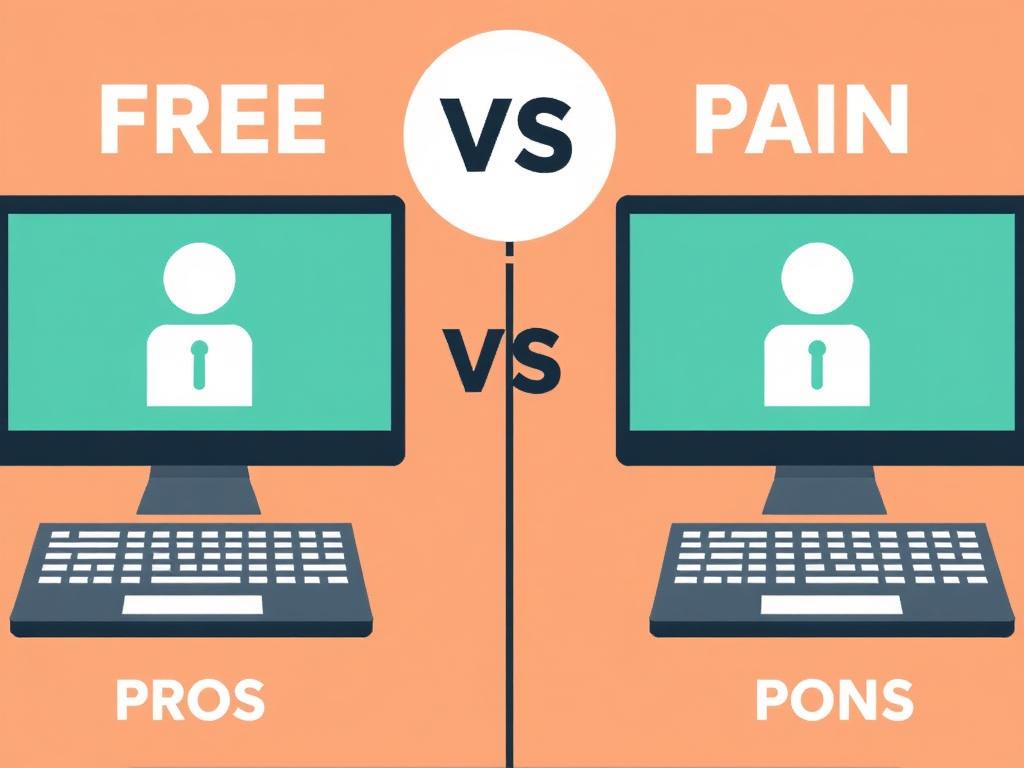Understanding VPNs: What Are They and Why Do We Need Them?

In today’s digital world, privacy and security are more important than ever. VPNs, or Virtual Private Networks, have become essential tools for internet users who want to protect their online activities from prying eyes. Whether you’re working remotely, streaming content from another country, or simply browsing safely on public Wi-Fi, a VPN can create a secure tunnel between your device and the internet. This tunnel encrypts your data, making it difficult for hackers, advertisers, or even your internet service provider to track what you’re doing. But with the growing demand for online privacy, the debate between free vs paid VPN keeps getting louder, leaving many users wondering which option is right for them.
The Appeal of Free VPNs: Are They Too Good to Be True?

Free VPN services attract users primarily because they come with no upfront cost, making them accessible to almost anyone. At first glance, it sounds like a win-win: you get protection without paying a dime. However, like most things that seem free, there are subtle trade-offs that users should understand.
First, many free VPNs come with data limits or bandwidth restrictions, meaning you can only use them for a certain amount of time or data before having to stop or upgrade. This can be frustrating if you plan to stream videos, download large files, or game online. Free VPNs often have a limited selection of server locations, which might restrict your access to geo-blocked content. Additionally, speeds can be slow because free users share the same servers, leading to congestion.
What’s Behind Free VPNs? The Hidden Costs
While you don’t pay money upfront for free VPNs, sometimes the real “cost” comes in less obvious ways. Since maintaining VPN infrastructure isn’t cheap, many free VPN providers monetize your data by showing ads or even selling your browsing habits to third parties. This is a serious privacy concern, as the primary goal of a VPN is to enhance your security and anonymity. Below is a quick overview of what you might encounter with free VPNs:
| Free VPN Feature | Pros | Cons |
|---|---|---|
| No Cost | Accessible to everyone | Often funded by ads or data selling |
| Limited Bandwidth | Good for light use | Not suitable for streaming or heavy downloads |
| Restricted Server Options | Simple interface, easy to use | Limited geo-unblocking capability |
| Speed | Enough for browsing | Potentially slow during peak hours |
Paid VPNs: What Does Your Money Actually Buy?
Opting for a paid VPN service often means a better overall experience. Paid VPN providers invest in robust infrastructure, offer a wider network of servers worldwide, and provide enhanced security features. When you pay for a VPN subscription, you’re not just buying access; you’re buying peace of mind.
Paid VPNs typically guarantee faster connection speeds and unlimited bandwidth, which is critical if you frequently stream movies, attend video calls, or download large files. They often come with advanced security settings, including stronger encryption protocols, no-logs policies, and protection against DNS leaks. Customer support is another advantage, allowing you to get help quickly if you encounter any issues.
Key Advantages of Paid VPNs
Here’s a quick look at what makes paid VPNs stand out:
- Unlimited Data: Use as much as you like without restrictions.
- Numerous Server Locations: Access servers worldwide, ideal for bypassing geo-blocks.
- Stronger Security: Enhanced encryption and privacy policies.
- Faster Speeds: Prioritized bandwidth for streaming and gaming.
- Reliable Customer Support: Help available when you need it.
Comparing Free vs Paid VPN: Who Should Choose What?
Both free and paid VPNs have their place depending on your needs, budget, and what you expect from the service. If you’re a casual internet user who only wants to protect data occasionally, a free VPN might serve you well. However, if privacy is a top priority, or if you regularly work online, stream content, or require a stable and speedy connection, a paid VPN is likely the better choice.
Decision Factors to Consider
| Factor | Free VPN | Paid VPN |
|---|---|---|
| Cost | No cost | Subscription fee (usually monthly or yearly) |
| Privacy | May log and sell data | Strict no-logs policy |
| Speed and Bandwidth | Limited and often slow | High-speed, unlimited data |
| Server Variety | Few locations | Many global locations |
| Customer Support | Minimal or none | Responsive support available |
Popular Use Cases for Free and Paid VPNs

Many users choose free VPNs for casual tasks like checking email on public Wi-Fi or bypassing light censorship. Paid VPNs, on the other hand, are favored by professionals working remotely, avid streamers wanting access to geo-restricted platforms like Netflix and Hulu, and anyone concerned with comprehensive digital privacy.
When to Use a Free VPN
- Short sessions on public Wi-Fi
- Testing basic VPN functionality before buying
- Light browsing and email checking
When to Use a Paid VPN
- Streaming international content at high quality
- Handling sensitive or corporate data
- Gaming online with minimal lag
- Using VPN daily for privacy and security
Final Thoughts: Making the Right Choice for You
Choosing between free vs paid VPN ultimately comes down to your individual needs, how much value you place on privacy and performance, and your budget. Free VPNs can be tempting, especially if you’re just starting to explore online privacy tools. However, understanding the limitations and potential risks involved is critical. Paid VPNs, with their superior features and commitment to privacy, offer a safer and more reliable experience that can make a profound difference, especially if online safety is a priority in your digital life.
Conclusion
In the battle of free vs paid VPN, both sides have clear strengths and weaknesses. Free VPNs offer an accessible entry point but often come with limitations that could compromise your privacy or degrade your browsing experience. Paid VPNs, while requiring an investment, provide enhanced security, speed, and freedom—a worthwhile trade-off for most users who value their online privacy and want reliable performance. Ultimately, the best VPN for you is the one that matches your unique online habits and needs, ensuring your internet experience is both safe and enjoyable.
